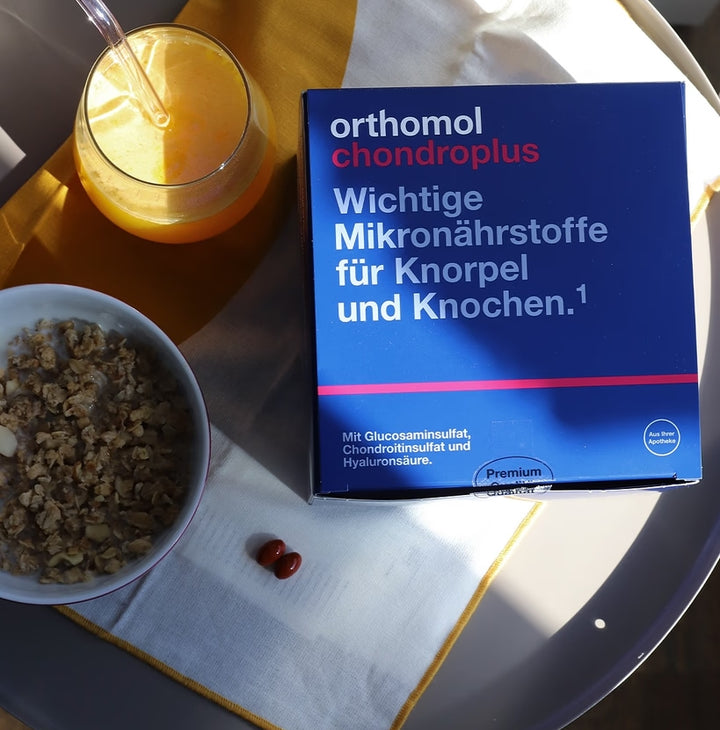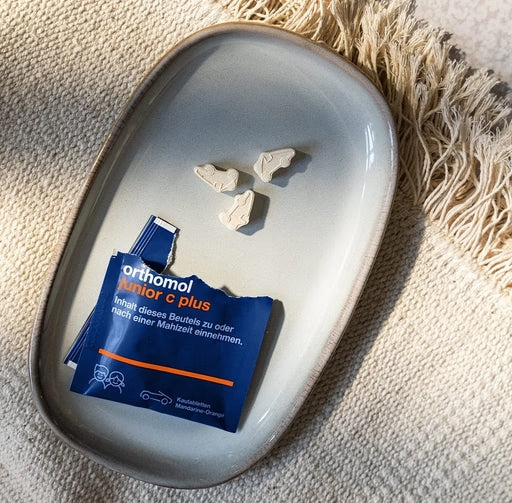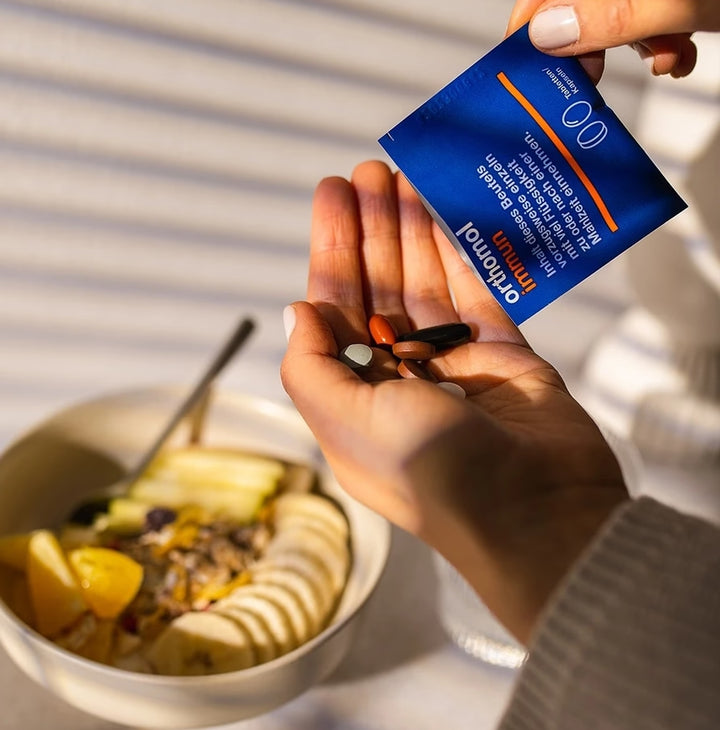
The Science Behind Immune Support Supplements
The human immune system is amazing! It is a complex network designed to defend the body against so many types of infections as well as illnesses. And, in the present day, with several modern advancements in nutritional science, immune support supplements have gained huge popularity as they help enhance immune health. These supplements are made of vitamins, minerals, and many other types of nutrients that are known for supporting our immune function. Let us get into the details of these components so that you can make an informed decision on whether you should incorporate these into your health routines.

Vitamin A
- Function and Need: Vitamin A is highly needed in maintaining mucous membranes in our eyes, lungs, and gut intact. This vitamin prevents infection through the nostrils.
- Sources: Large amounts of vitamin A are present in the liver and in products acquired from dairies. It is also acquired as beta-carotene in some colored fruits and vegetables, like carrots and kale.

Vitamin C
- Antioxidant Properties and Benefits: Vitamin C provides excellent immunity support with the stimulation of the defense mechanisms through the increased production and action of antibodies and plays a role as a potent antioxidant.
- Sources: Available abundantly in citrus fruits, tomatoes, and green vegetables.
Vitamin D
- Immune Regulation and Benefits: Vitamin D, apart from maintaining healthy bones, plays an important role in immune responses as it enhances the function of immune cells and reduces inflammation.
- Sources and Sunshine: Can be produced in the skin from sunlight and is also supplied through fortified foods and oily fish.

Zinc
- Immune Cell Function and Benefits: Zinc is an essential mineral for the proper functioning of the immune system and plays a role in wound healing.
- Effect: This mineral is often recommended for reducing the severity of common cold and other upper respiratory tract infections.
Selenium
- General Immune Health and Benefits: This mineral offers support for proper immune function and also prevents cell damage.
- Foods High in Selenium: Rich sources are nuts, seafood, meats, and especially organ meats such as the liver.

Probiotics
- Gut Health and Immunity Benefits: It includes healthy bacteria that improve health in the gut, which forms a basis of a healthy body's immune system.
- Supplemental Benefits: Taken in through yogurts, supplements, and other fermented foods through different means.

Herbal Extracts
- Common Use and Contemporary Health Benefits: Herbal supplements, such as echinacea, garlic, and ginger, are considered to increase immunity
- Food Energy and Nutrient Uses: Traditionally and contemporary uses of these herbs have been to build immunity and can be taken as teas, capsules, or tinctures.
Other Concerned Nutrients and their Actions
Elderberry: Found in syrups and other supplements, elderberry extracts are known to have antioxidant properties and have the potential to be able to help treat colds and flu.
Omega-3 Fatty Acids: These are also known for their anti-inflammatory qualities in fish oil and flaxseeds, improving immune function.
Vitamin E: An antioxidant that protects cells from damage and helps the immune system fight against bacteria and viruses.
Safety and Interactions
Considerations: Some immune supplements do interact with prescriptions and should not be used by people with certain conditions or during pregnancy.
Consultation Recommended
This is not intended to be a substitute for consultation or advice from a qualified doctor regarding supplement use but rather an initial recommendation for safety and effectiveness, particularly regarding other treatments or conditions.
Supplement Integration into Lifestyle
Except for supplementation, much can be done to maintain the immune system well. Food, exercise, sleep, and stress management constitute the integral components of a healthy immune lifestyle. Supplements must be used as an extra, not replace them.
Dietary Considerations
- Dietary Health: A diet of plenty of fruits and vegetables, lean proteins, and whole grains that provide the body with its daily dose of essential nutrients that encompass health and well-being.
- Hydration: This is very significant as it provides the water necessary for cellular health and functioning; thus, hydration relates to the proper functioning of the immune system.
Physical Activity
- Regular Exercise: Exercises help raise the immune system by improving the circulation of cells and fluids of the immune system throughout the body such that they can freely carry out their functions.
Rest and Stress
- Adequate Sleep: Sleeping helps the body regulate the function of its immune and reduces stress.
- Reduction of Stress: Stress management entails sitting in stillness through meditation, doing yoga, or other relaxation techniques to help maintain a healthy immune response.
Bottom line!
These immune support supplements may play a useful auxiliary role in an otherwise healthy lifestyle, boosting immune function. They should then be considered thoughtfully as part of a healthy diet; exercise, sleep, and manage stress appropriately. Education about the holistic nature of immune health allows individuals to take an active role in supporting immune function and overall well-being. Always consult health professionals to customize any supplement program for your individual needs; it is always helpful to approach immune support safely and healthily.




